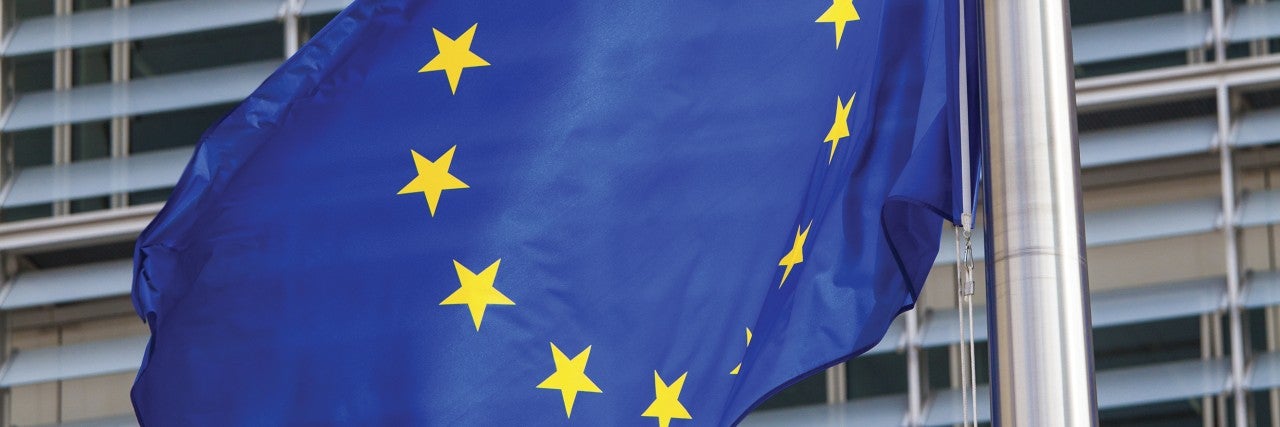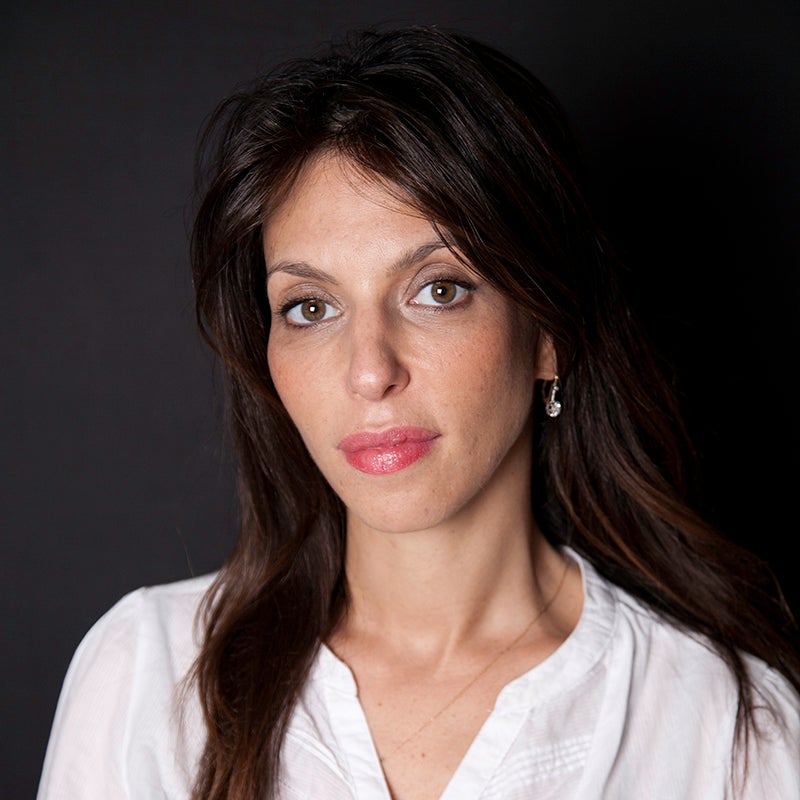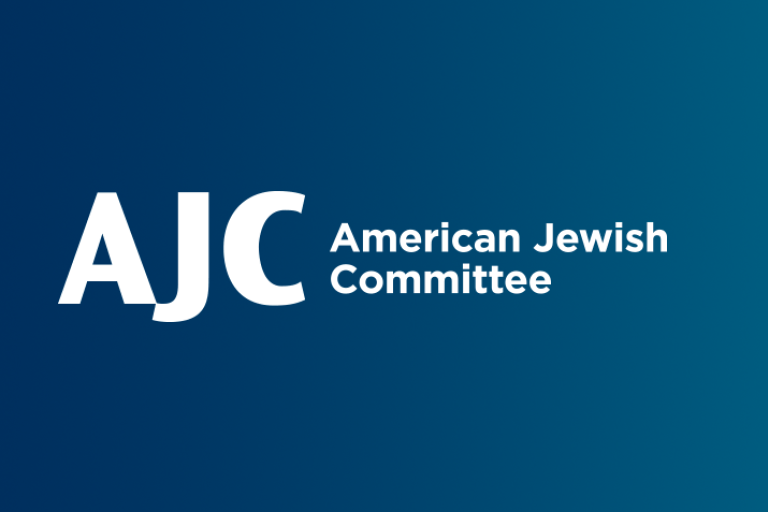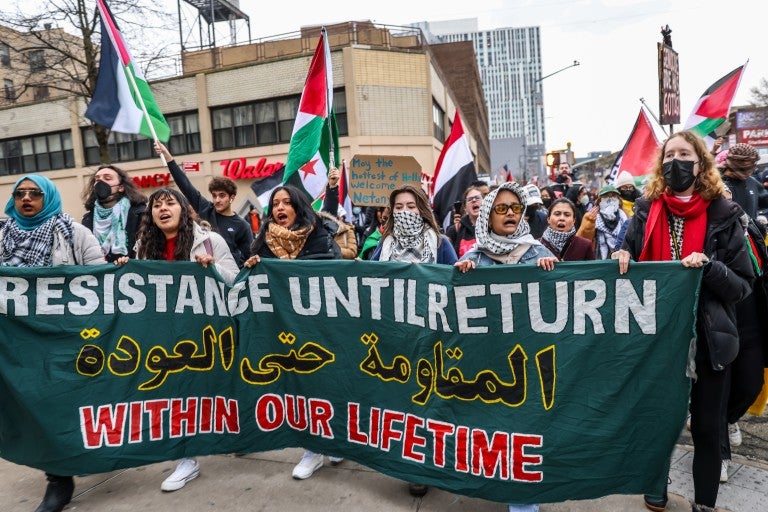July 3, 2024
Throughout the summer, American Jewish Committee (AJC) experts have been deeply focused on the elections across Europe. Find insights below.
AJC is a 501(c)3 not for profit organization and does not endorse political candidates for elective office.
–
Wednesday, July 3, 2024
First Round of France’s Parliamentary Elections
Anne-Sophie Sebban-Bécache, Director of AJC Paris
Sunday, the French Republic entered a new political era as a result of the historic turnout for the extreme right party of Marine Le Pen, National Rally, in the Lower House’s first round of elections. With 33.15% of the votes, the party became the leading political force in the country and has never been so close to governing. The change in popularity of the party is astonishing: at the last legislative elections in 2022, the National Rally gathered more than four million votes. Sunday’s election saw the National Rally win more than ten million votes.
Beyond that, we are seeing a worrying fragmentation of the rest of the political spectrum. The New Popular Front (NFP) – a disparate coalition of left-wing parties – received the second most votes on Sunday, rallying 28.14% of the votes. As we approach the second round of elections on July 7, NFP leaders want to turn this “Popular” front into a “Republican” one - a front that would prevent the extreme right from gaining an absolute majority in a few weeks and therefore rule the country.
However, we do not foresee such a united front because of the anti-Republican, authoritarian, and antisemitic elements that were constitutive of the NFP from the beginning. As a result, centrists – including President Macron’s centrist party which received a crushing blow on Sunday, receiving the third-most (20.8%) votes – have not fully rallied behind the NFP.
The result of Sunday’s elections speaks to the failure of President Macron’s centrist political project and the beginning of a new extreme polarization era for France, which is as worrying for the future of France’s democracy as it is for French Jews and Israel who were placed at the center of this political turmoil.
The majority of the French Jewish community is very worried about what the future holds for Jewish life in France, and, given the extreme right’s strong sympathy for Putin’s Russia, for France’s stance vis-à-vis Israel and the “free world.” According to this year’s AJC Survey on Antisemitism in France, 30% of French Jews say they would leave France if Marine Le Pen is elected president, and 92% of French Jews believe that the radical left party “La France Insoumise,” which is a part of the NFP coalition, is the party that contributes the most to the rise of antisemitism in France.
Regardless of what happens on July 7, France lost a piece of its unique universalist, Republican, democratic soul this weekend.
The New Faces of the European Union
Daniel Schwammenthal, Director of AJC Transatlantic Institute
On June 27th, the European Council – a body composed of the 27 leaders of the EU – chose the block's institutional leadership for the next five years.
They nominated Germany’s center-right Ursula von der Leyen for a second term as European Commission President. Her approval by the European Parliament as early as July 18 is likely but not a done deal yet.
As head of the EU's executive arm since 2019, von der Leyen has been a friend to Israel and the Jewish people, speaking at AJC Virtual Global Forum 2021. She was among the first world leaders to visit Israel after the October 7 Hamas attacks, and although von der Leyen became less outspoken on Israel in the run-up to the European Parliament elections, her reappointment is clearly positive for Israel and Europe's Jewish communities.
EU leaders also chose Estonian Prime Minister Kaja Kallas to replace Spanish Socialist Josep Borrell as EU foreign policy chief, a frequent critic of Israel.
And Kallas, who leads a free-market party, is seen as generally friendly toward Israel. However, in a surprise move, and in contrast to its Baltic neighbors Lithuania and Latvia, Estonia voted in May for a UN resolution that upgrades the status of the Palestinian observer state and calls for its full membership. Nevertheless, Kallas’s history, nationality, and party affiliation suggest that she will promote a more balanced Israel policy.
Finally, EU leaders chose former Portuguese Prime Minister António Costa as President of the European Council, replacing Charles Michel, a former Belgian prime minister.
Although a Socialist, a party generally more critical of Israel, Costa has a reputation for being more pragmatic and less ideological. While traditionally the Council President is not very involved in policy discussions about Israel or Jewish affairs, there is reason to believe that any potential intervention by Costa on EU-Israeli affairs would be moderate and designed to reach a compromise.
–
Friday, June 28, 2024
European Elections: June 2024
Results and AJC Perspectives
Simone Rodan-Benzaquen, Managing Director of AJC Europe
American Jewish Committee's offices across Europe closely followed the 2024 European Parliament (EP) elections, which took place June 6-9. The results have shown significant progress for extreme right parties across Europe, which was a major concern for Jewish communities around the continent in the lead-up to the election, as the situation for European Jewry had already been dire in recent months due to an unprecedented rise in antisemitism following Hamas’ October 7th terror attacks against Israel.
Progress of the Extreme Right
Centrist European parties maintain their position as the largest bloc in the European Parliament, this includes the center-right European People’s Party (EPP), as well as center, left, and liberal political groups. These groups, which include the national mainstream parties, have been more or less supportive of Israel. Three of the political parties—EPP, S&D (Socials and Democrats), and Renew—often collaborate to pass legislation in order to avoid working with the far-right or far-left.
FRANCE | While the centrist parties maintain the majority, the results of these elections have been marked by critical gains for the extreme right. This is notably the case in France, with a significant victory for the National Rally, led by Marine Le Pen. While Le Pen’s party has tried to normalize itself, particularly by wanting to appear as the protector of Jews against Islamism and the far-left, and by taking rather pro-Israel positions, it is nevertheless concerning given the party’s roots (founded by former Waffen-SS members) and Marine Le Pen’s continued, albeit hidden, entourage of extremist individuals. The party’s rather pro-Russian stance should also be regarded as problematic.
GERMANY | In Germany, the right-wing extremist Alternative für Deutschland (AfD) gained ground. Having previously received 11.0% of the vote in 2019, it is now in second place with 15.9%—a historic high, albeit lower than interim poll results. The newly formed left and rather anti-Israel, anti-American, and pro-Russian party Bündnis Sahra Wagenknecht (BSW), led by former Left Party member Sahra Wagenknecht, achieved 6.1% from a standing start. This is the first election in which the BSW has participated. The Left Party emerged from the election with major losses, achieving 2.7% (down from 5.5% in 2019).
ITALY | In Italy, Giorgia Meloni, the charismatic leader of the Italian Right, has presented the party favorably to much of Italy and the rest of the world, despite the many neo-fascists still holding important roles within the party.
CENTRAL AND EASTERN EUROPE | In Central and Eastern Europe (the V4 and the three Baltic States), which hold 137 seats out of 720 in the European Parliament, the far-right has made significant gains. Even though the center held its ground with Civic Platform winning for the first time in a decade in Poland, or Progressive Slovakia leading Robert Fico’s Smer party to victory, Fidesz and Tisza dominated in Hungary. Populist and radical right parties won in Hungary and Czechia. In Czechia, the ANO Party list of populist billionaire Andrej Babiš won the election with 26.14% and seven seats in the European Parliaments, ahead of the SPOLU (the center-right political alliance) list, which collected 22.27% and six seats. Populist parties exploit security concerns to build anti-immigrant narratives and emphasize national sovereignty, opposing further integration of the EU. This resonates with some Central and Eastern European countries with historical experiences of external control.
Further south, in the Balkans, the results of the elections align with the overall European trends. In Bulgaria, the pro-Russian, nationalist party Revival, known for occasional antisemitic discourse and actions, will have three seats.
Progress of the Extreme Left
The European group "The Left," containing some of the most anti-Zionist parties, fell from 41 to 39 seats and remains the smallest group in the EP. However, in some countries, the far-left progressed in a troublesome way. This is the case in France, where the far-left party under Jean-Luc Mélenchon (“La France Insoumise”) rose from six to nine seats. Despite its relatively low success in the European parliamentary elections, it has convinced other left-wing parties to ally. This means that the moderate left is now associated with the obsessively anti-Israel and frankly antisemitic part of the left. The notion that antisemitism would be a red line has been entirely disregarded, sending a terrible signal not only to the left, but to society as a whole.
Upcoming Elections in France: The Peril for France, the EU, NATO, and the West
(As of Friday, June 28, 2024)
Right after the European elections, President of France Emmanuel Macron announced snap elections following the far-right's sweeping victory and his party’s defeat. The next steps involve new parliamentary elections on June 30 and July 7. This extremely risky move might bring the far-right and far-left even more to the center stage of French politics.
Both blocs are polling ahead of Macron’s centrist bloc. The far-right bloc, led by Marine Le Pen’s National Rally and her potential 28-year-old candidate for Prime Minister, Jordan Bardella, is polling at 36%. On the other side of the political spectrum, Jean-Luc Mélenchon’s far-left party has managed to convince other left-leaning parties (Socialists, Greens, etc.) to form a bloc, which is now polling at 29%, pulling them further to the left.
Dramatically, Jews have become a central focus of this election, being instrumentalized by the far-right to normalize their party (which positions itself as against antisemitism and anti-Zionism). On the other hand, the far-left strategy has been to use the issue of Israel and Jews to push the far-right into power, aiming to then become the only viable opposition party. Both sides are ultimately aiming for the same goal. In this context, the results of the last AJC Survey on Antisemitism in France, published in April 2024, have been extensively referred to by French media, especially to explain the root causes and origins of the current rise in antisemitism in the country and to illustrate the fear of French Jews to see the extremes (mostly the far-left) rise to power.
France’s leadership position in the EU, its seat on the UN Security Council, and its military reach as a global power make this almost as much of a “world election” as Biden vs. Trump in November.
The National Rally has faintly criticized Russia’s invasion of Ukraine. Before that, Marine Le Pen took a large loan from a Russian bank and then one from a bank connected to Hungary’s Putin-sympathizing PM Viktor Orbán. She has said Russian interference in Syria was “good for the world.”
It is also worth recalling—because it tends to be forgotten these days—that the history and much of the present of the Lepenist movement is viscerally anti-American. Marine Le Pen has said in the past she wanted to leave NATO's military wing, the integrated command, which she sees as an instrument of American hegemony.
At this stage anything is possible. The far-right could win, forcing President Macron to appoint Jordan Bardella as Prime Minister, potentially creating unrest in the country (the left would certainly go to the streets). Another possibility is the lack of a clear majority, which could provoke an institutional crisis. This instability could lead France, Europe, and the world into significant disruption, benefiting those like Russia’s Putin who seek to undermine Western values and alliances.
AJC is a 501(c)3 not for profit organization and does not endorse political candidates for elective office.





